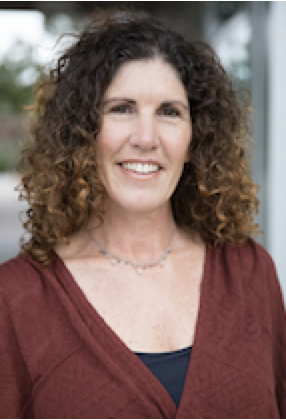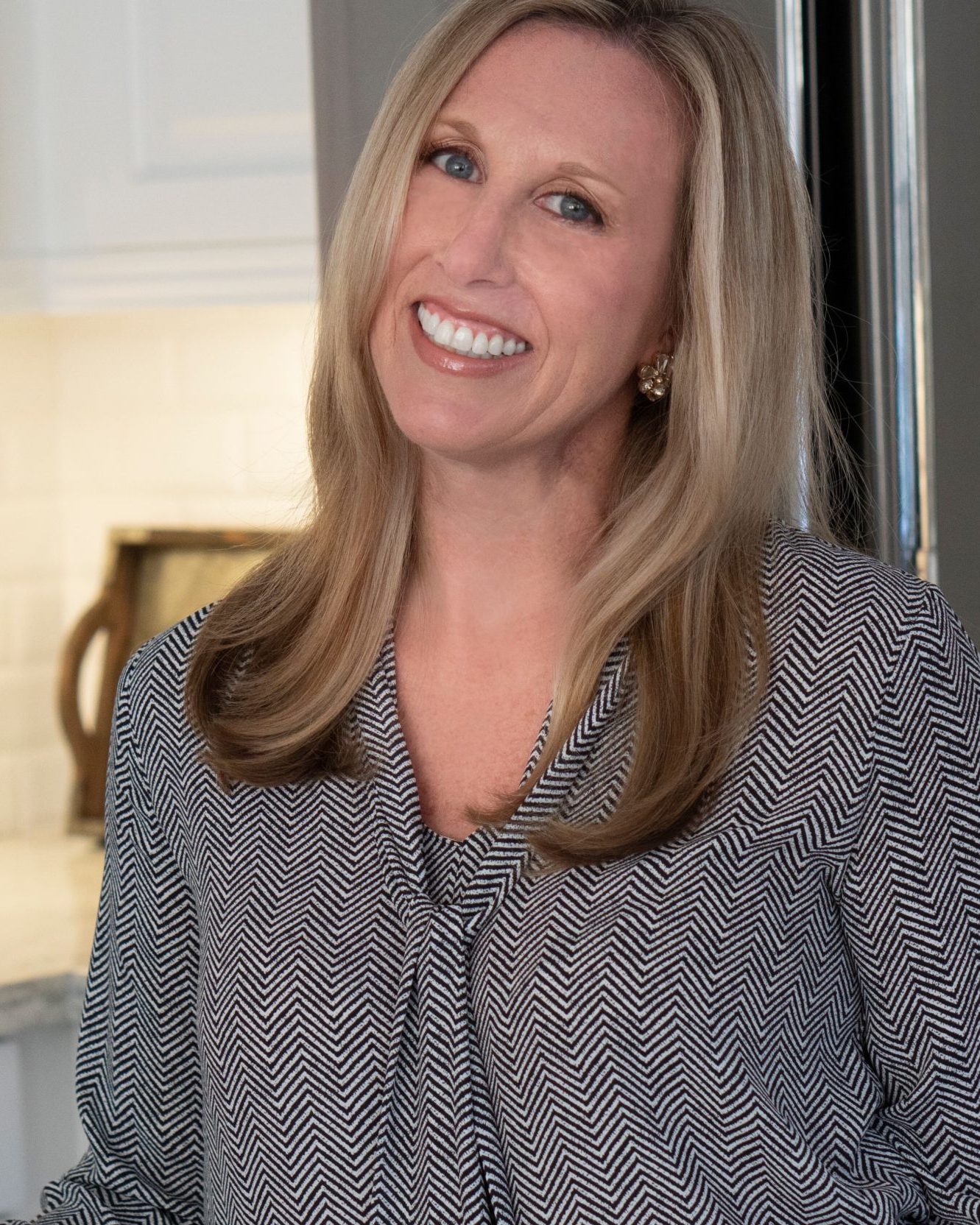Reflections from NBA Partner All Peoples on Attending the White Co-Conspirators Summit
In the spring of 2021, the National Benevolent Association sponsored several of its health and social service partners to attend the Scarritt Bennett White Co-Conspirators Conference. This ecumenical conference was created to help white people understand how they can be more active in helping their communities and their organizations become anti-racist. Of the attendees was NBA Incubate Partner All Peoples Community Center. Executive Director Saundra Bryant shared the opportunity with her predominantly white Board of Directors.
“It was a great opportunity for our board members to become engaged in light of the social justice movements and instances of racial inequity we’ve seen in this country,” said Bryant. “Almost 99 percent of the people we serve identify as people of color, so I felt it important for them to participate in this opportunity.”
Founded in 1943, All Peoples is a comprehensive community center in Los Angeles, California that provides a variety of social and educational services. Their mission is to provide services that “empower individuals and promote community respect and self-determination for all.”
Their services are crafted to support audiences of all ages from toddlers to older adults. Their programs support families looking to build community, prevent violence and crime, provide job training, create job opportunities, and help seniors stay active and engaged in the Los Angeles community.
Just two years ago, All Peoples’ board of directors was 80 percent white and 20 percent, people of color, while the communities they serve were and continue to be more than “We were aware of the fact that our board was pretty white and the board itself isn’t afraid of acknowledging that, so we’ve been intentional about turning that around and that’s because the board recognizes the importance of representing the community we serve,” Bryant said. “I’m fortunate I don’t have to argue with them about that.”
Attending the Co-Conspirator event was step one in the All Peoples process of becoming an organization addressing issues of equity and racism. After the event, NBA spoke to two members of the board: Board Chair Christine Galligani and Amanda Trefethen to get an understanding of what they learned and how they will use the information to lead All Peoples Board of Directors in continuing its goals of inclusion and equity.
NBA: Tell us a bit about yourself and your involvement with All Peoples?

AT: This is my second three-year term on the board where I am in charge of board recruitment, when I’m not doing that work with All Peoples, I teach philosophy and law at Cal State in Long Beach, California.
I joined the All Peoples board because I was looking for a nonprofit where I felt like I could make a difference and they have been operating in South Central Los Angeles for 78 years and it’s always been integral to the community. They are truly doing on the ground work.
CG: I started on the board six years ago, a good friend was on the board of directors at the time and

thought I’d be a good match. In a previous life, I was an elementary school teach for eight years, serving largely Mexican and Black populations, similar to the communities All Peoples serves.
I felt the center was serving in an amazing way, so I was honored to be invited to join the board. All Peoples is the kind of place I wanted for my students and their families when I was teaching. It would have helped fill in the gaps in their personal experiences that I didn’t have.
NBA: What made you say yes to participating in the White Co-Conspirators Summit hosted by Scarritt Bennett?
AT: I wanted a lot of participation from our board and wanted to be part of it. It’s been difficult with COVID to do the type of board development that we should do, and this conference was a great opportunity for that. With the events of the last few years, the board has been looking for ways to increase its awareness on issues of race and equity. A third of our board was able to attend and I was really encouraged by that.
CG: A lot of it was personally driven, it was an opportunity to learn what can I do to be better. Especially with the events of the last year, this has become a constant talking point in our society. My heart has been broken by the events that have been going on and I’m constantly trying to check myself and making sure I’m doing what I can to be a better human and call myself out and face some hard truths.
Additionally, the board serves a group of people who don’t look like me and I want to make sure we’re as in touch with that as possible.
NBA: What has stuck with you from the conference?
AT: I attend a fair amount in these sorts of conferences, but I found the ending session with full group especially powerful. To hear people talking about their experiences in their work with anti-racism is not something I always get to hear about.
It was important for me to hear that to be actively engaged in this work, I will have to give up something, some of my power and privilege. You can’t achieve equity without giving something up, that was the takeaway for me.
CG: The big takeaway for me was really Rev. I could listen to her for three days. It was inspiring to hear the lengths she went to and to understand that we can all do more. She was a great example of how much more you can do to be a proper ally.
As an educator, I was taught to understand my student’s families, their culture, what advantages they may not have to help their child succeed in the classroom. I take that same approach to the work I do for All Peoples, it’s vital for a board to consider their actions from the shoes of the people who are affected by the decisions being made. I can’t go forward and feel comfortable about making a decision without thinking about how people in the community are affected.
*Editor’s note: Christine is referring to United Methodist Church pastor Rev. Hannah Adair Bonner who protested outside the Waller County Sheriff’s Office and County Jail, where Sandra Bland died in 2015. Rev. Bonner protested Bland’s mysterious death for 80 days outside the facility, during which she received multiple threats and dealt with manipulative tactics aimed at stopping the protest.
NBA: It’s common for nonprofits whose constituents are BIPOC to have white staff, board members and donors. Why is it important to diversify these groups? What are the benefits of the people inside the building looking like the community they are serving?
AT: Traditionally, nonprofit boards tend to skew to those who have power, which is often white people, men, big money donors, or corporations. In my time of working with Saundra, she has always thought in terms of equity and she’s helped move us more in that direction when needed as well.
The diversity of nonprofit boards and donor pools matters a lot. In my time on the board, we have remained mostly white. Some of this is determined by who knows who. Yet,when our board was starting to be whiter than we wanted it to be, we began to interrogate why. We’ve been working hard to keep a balance and be aware. We restructured our executive board leadership. I held the position of vice chair and decided to step down to ensure our leaders on the board reflected the community at All Peoples..
CG: Until recently our board was mostly white and we made a concerted effort to change that. We’ve worked strategically knowing we needed better representation on the board.
We are proud that the All Peoples staff is a better representative of people from the community that is served. All Peoples addresses so many diverse needs, so we need to make sure that the place community members are coming to is a place they feel comfortable, that includes having a staff, board, and donors who look like the community.